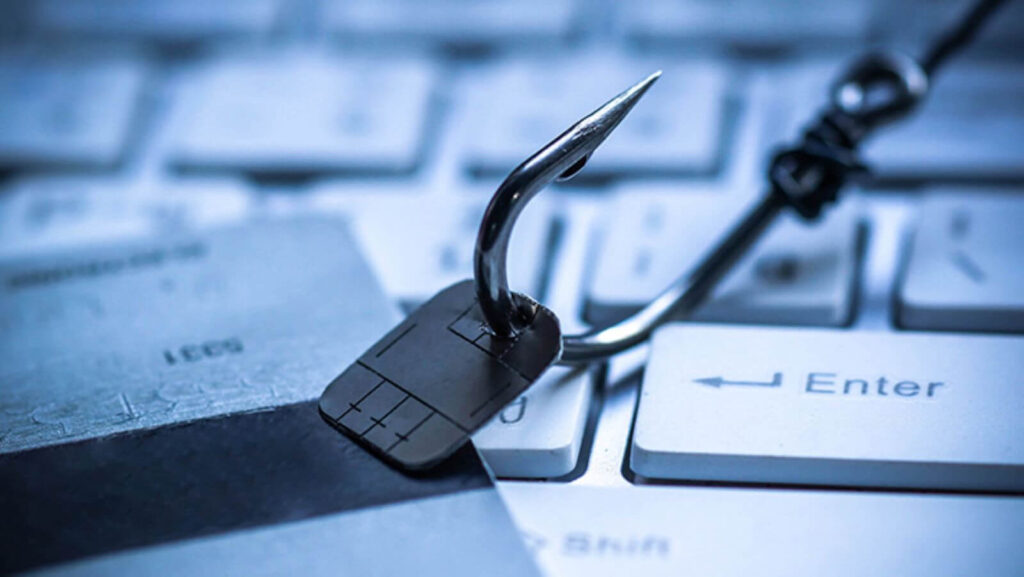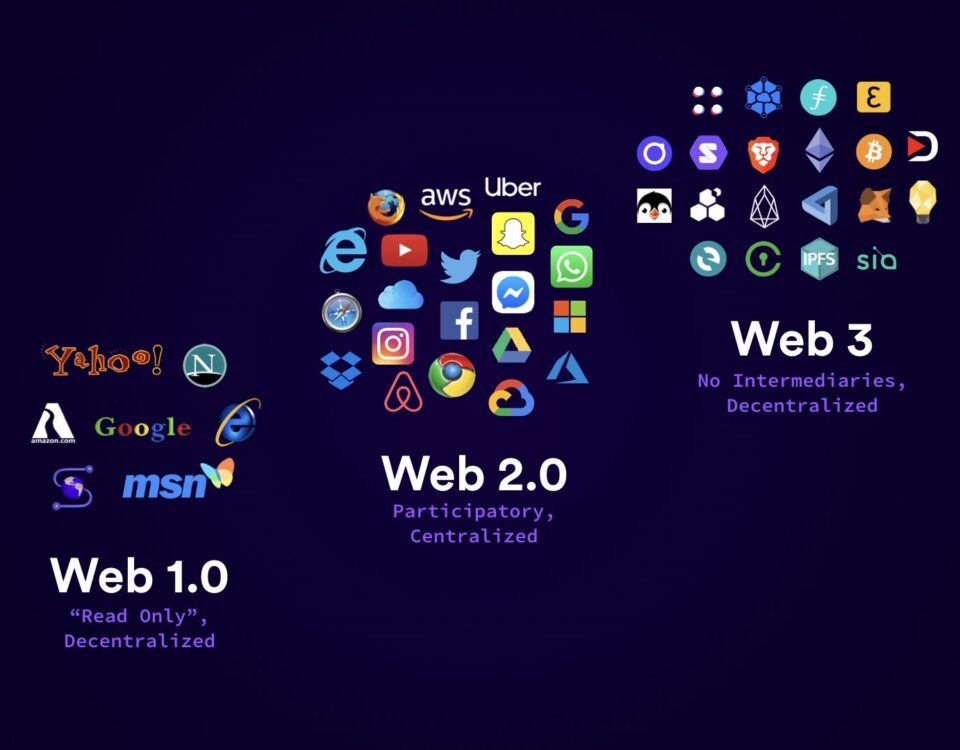
Investing in Cuba today, a business opportunity
12/12/2022
How to disappear from the Internet in 3 steps
30/12/2022
One of the most common cyber scams nowadays is phishing and banks can compensate you for it
Hackers resort to different techniques to obtain our banking credentials and personal information, the most common is phishing. Then, with this data, they impersonate our identity and divert money in their favor. It is not a new scam, but the truth is that thieves have perfected their methods of operation. What many people do not know is that there is a law that obliges banks to compensate swindled customers.
How do phishing scams occur?
The most common forms of phishing scams are from an email or SMS. We receive a message that appears to come from our bank. If we fall for it and click on it, then we are redirected to a cloned website. The web page looks just like the bank’s, so the deception takes effect. On this fake site we enter our account passwords. The thieves immediately receive this data. They access our account and execute money transfers.
The hackers’ mechanisms have been perfected. In addition to the method described above, there is the “spoofing” method. How does it work? We receive a call on our cell phone from a number that looks exactly like our bank’s customer service number. But, in reality, it is from a hacker who uses modern software to mask the number. In that conversation we are alerted that our bank account is being accessed. Since the call appears to come from a real service, we fall for it and share our data. That’s all hackers need to steal.
How to protect yourself against phishing?
The basic step is never to share your bank account information with anyone. But if we are fooled, in Spain there is the Payment Services Law that grants a series of rights to bank customers in the event of a scam. This law requires banks to adopt security measures to always ensure the identity of the customer in any banking operation.
In cases of phishing, the bank clearly does not take the necessary measures. The customer never consented to the transaction. Therefore, according to the law, the company would have to compensate the customer for the amount defrauded.
Lately you may have noticed that banks send out warnings about phishing and explain how to defend themselves. However, in these cases, banks will argue that the customer acted negligently and breached one of the conditions of the contract: he did not maintain adequate security measures. To win these cases in court, it is necessary to resort to specialized lawyers.
What to do in case of an attack?
If you were a victim of phishing, you should immediately inform your bank to block the payment method and give you new credentials. Then you should report to the police that your data was stolen and your identity was impersonated. In this report, it is essential that you report all the details of the fraud, especially the messages received from the hacker. In this way you are proving that you never gave your consent to the bank operation.
Finally, comes the most complicated part: claiming the bank to replace the money that was stolen through an unauthorized operation. These cases almost always end up in court. Lawyers specialized in computer crimes will be able to support you to make the bank assume its responsibility.




